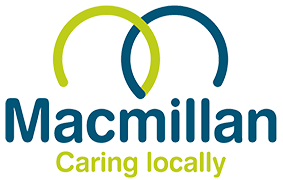Bridging the Gap: Diversity and Legal Expertise Deficits on Charity Boards
A recent comprehensive study by the Charity Commission and Pro Bono Economics has unveiled pressing concerns regarding the composition of UK charity boards.
While many trustees report rewarding and meaningful experiences, major gaps in diversity and legal expertise threaten the long-term effectiveness of charity governance.
Key Findings
Underrepresentation of Diverse Groups
The study found:
- Only 8% of trustees are from ethnic minority backgrounds, compared to 17% in the general population of England and Wales.
- Only 8% of trustees are under 45 years old — and just 1% are aged 30 or younger.
These figures reveal a major disconnect between charity boards and the increasingly diverse communities they aim to serve.
Shortage of Legal Expertise
- 12% of boards report lacking legal skills or experience entirely.
- 23% of boards rely heavily on external legal advice.
Given that trustees are legally responsible for their charity’s compliance and governance, this skills gap raises serious concerns about risk management and decision-making.
A Positive Side: Trusteeship is Deeply Rewarding
While the report highlights challenges, it also uncovers encouraging trends:
- 91% of trustees feel their contributions are welcomed and respected by staff and volunteers.
- 66% say the role helps them use existing skills in new contexts.
- 65% feel more connected to their community or to a cause important to them.
These findings underline that despite challenges, trusteeship offers personal fulfillment, professional growth, and strong community ties.
Why Diversity and Skills Matter
A lack of diversity and expertise can:
- Hinder a board’s ability to tackle emerging challenges.
- Limit creativity, innovation, and effective community engagement.
- Increase legal and financial risks.
Conversely, boards that embrace diversity and invest in upskilling create stronger, more sustainable charities.
What Needs to Change
To close the gaps and unlock the full potential of trusteeship, the sector must:
- Implement inclusive recruitment strategies targeting younger, more diverse candidates.
- Provide accessible legal and governance training for all trustees.
- Encourage mentorship to support new trustees from underrepresented groups.
- Conduct regular skills audits to identify and address board weaknesses proactively.
Conclusion
The findings show a dual reality: being a trustee is one of the most rewarding ways to give back, but systemic issues need urgent attention. By building more inclusive, skilled boards, charities can strengthen governance, deepen their community impact, and truly reflect the people they serve.
Published: 29 April 2025
Updated: 29 April 2025







